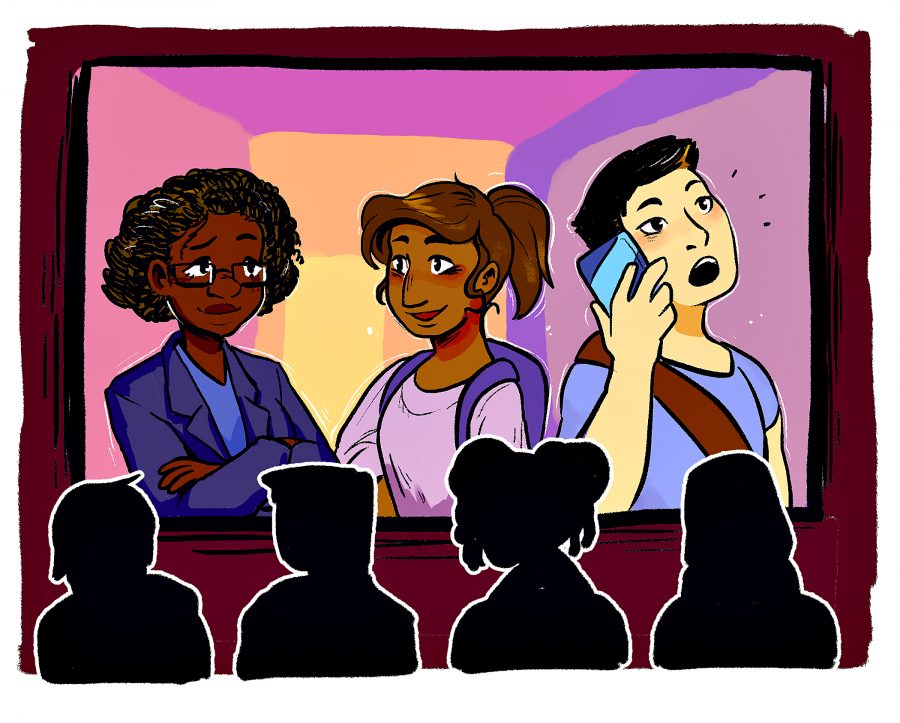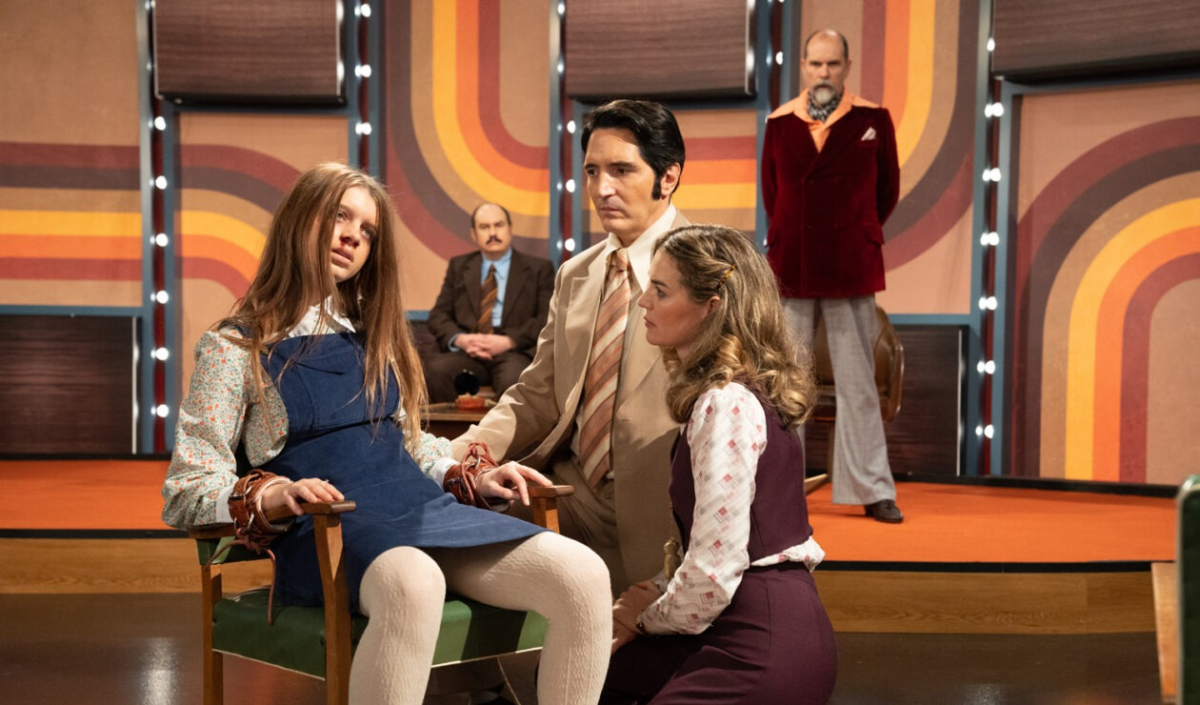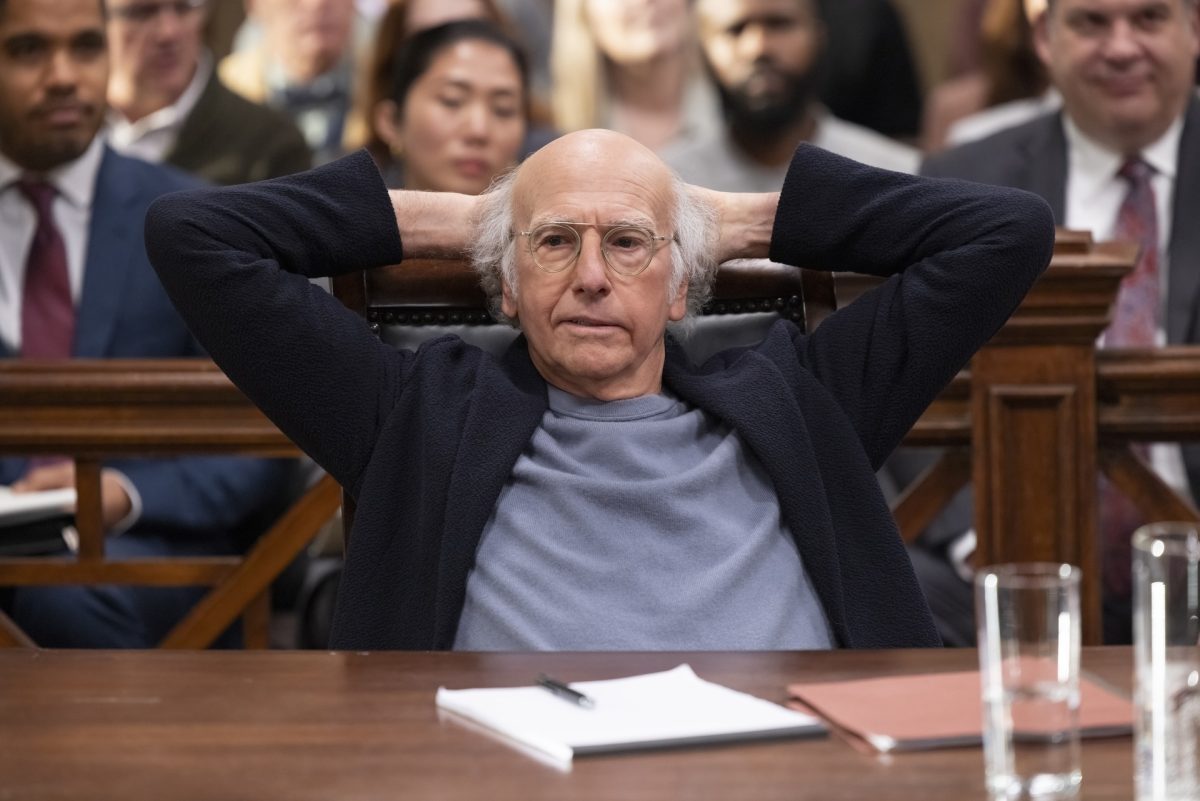The walls of white washing and stereotypes that TV and film built tower quite high. As the levels of accountability of misrepresenting ethnic groups in the media has increased, content creators have become more aware of the influence they have.
The latest struggle for increasing representation and ending racial stereotypes in media surrounds the iconic Apu Nahasapeemapetilon of “The Simpsons.” While widespread contempt for Apu began in 2007, Michael Melamedoff’s 2017 feature-length documentary “The Problem with Apu” generated further discussion about the Springfield convenience store owner. “The Simpson” addressed this controversy on a recent episode that aired Sunday, April 8. Critics say the issue was shrugged off in an interaction between Lisa and Marge, which ignored arguments against the characterization of Apu.
It’s difficult to say why controversial characters such as Apu remain for so long and new racial stereotypes appear even after years of criticism. Charles Berg, a radio-television-film professor, teaches a class on Latino images in film and said he’s given a lot of thought towards the issue of stereotypes in TV and film.
“My theory is if your group is 10 percent or less of the population, you have a better chance of being stereotyped,” Berg said. “You’re such a small percentage of the demographic that people don’t care if your feelings are hurt. Once you get to be over 10 percent, all of a sudden you are a market.”
According to the 2010 US census, the Asian Indian population in the US rose from 0.6 percent in 2000 to 0.9 percent in 2010 compared to the total population of the United States.
As Berg continues to observe film, he has seen a positive change as Latino stereotypes has become less severe. However, he said that he has noticed a trend as one
minority becomes well represented, another takes its place.
“It’s getting better for Latinos, but does that mean there is going to be another group that is below 10 percent that is going to be stereotyped?” said Berg. “100 years ago, the Irish were stereotyped. Then they became assimilated and they started making movies. But what happens next is there is always another minority or immigrant group.”
Going up against a corporate giant such as the entertainment business can be daunting. However, as future generations of filmmakers rise, the tolerance for this kind of behavior may shrink.
Skylar Jones, one of these potential filmmakers and radio-television-film freshman, realizes the power is in her hands as an aspiring screenwriter.
“There are people like me that have to sit down and say, ‘Alright I have this privilege,’ so I have to keep that in mind while writing,” said Jones. “If we can make products that are inclusive and normalize people, then we are going to see the rippling effects throughout our country and even the world.”
Jones said she believes the media should normalize individuals from minority backgrounds.
“Normalization is important because in today’s political climate, anybody that fits out of our perfect box that the media has created is ostracized,” Jones said. “I really do think the media is the first step to changing people’s minds and opening up people’s hearts.”
Berg said the issue of media representation is complex, stretching farther than correcting behavior and pointing out those who have done wrong.
“It’s a big social problem and we are all involved in it, which means we all have a stake in working on it,” Berg said. “It’s just a matter of society catching up and realizing, ‘Well, wait a minute, you shouldn’t be doing that.’ Until somebody says that, you don’t even think about it.”





















